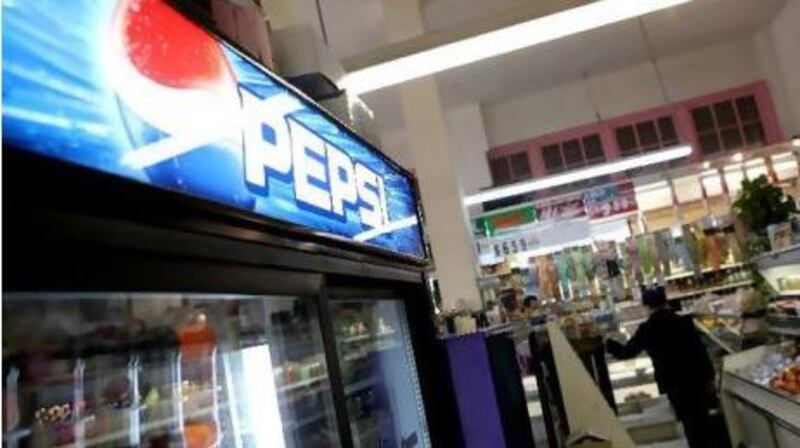Signs the American public is losing its appetite for sugar laden fizzy drinks could offer hope the UAE’s new ‘sin tax’ may also encourage healthier choices here.
As US consumers appear to be turning their backs on junk food and sugary drinks in favour of a more health conscious lifestyle, the UAE has continued to see growth in obesity and diabetes.
PepsiCo, the American multi-national responsible for some of the UAE’s favourite soft drinks like Pepsi and Mountain Dew, has reported a fall in drink sales in the region for the first time in two years.
The company is adapting to the change in consumer demand by developing alternatives to its high sugar drinks with a range of purified waters and low-calories drinks sweetened by natural sugar substitutes.
PepsiCo’s CEO Indra Nooyi blamed a drop in sales during the third quarter on a cooler summer in North America and Canada, that impacted on one of the company’s biggest sellers, Gatorade.
"No question about it, our performance did lag the industry, " said Mrs Nooyi.
Revenue from beverages in North America, PepsiCo's biggest market, fell 3 percent.
A focus on marketing of the new healthier range of drinks had also been one of the reasons behind the drop in sales, Mrs Nooyi added.
--------------------------------
Read more:
[ President Sheikh Khalifa issues UAE excise tax law ]
[ The survey says: UAE opinions on sugar and tobacco tax ]
[ Science offers real sugar alternatives to help reduce obesity ]
---------------------------------
American tastes may not be about to completely abandon junk food just yet, however, as PepsiCo said the Frito-Lay side of the business saw a 3 per cent increase, thanks in part to its jalapeno-flavored Cheetos and Ruffles chips.
The UAE has taken its biggest step yet in a war on junk food and unhealthy living by introducing a hefty tax on carbonated sugar drinks, caffeinated drinks and tobacco from October.
Although its impact is yet to be fully felt, health experts hope it may encourage those in the UAE to follow the American trend of beginning to make healthier choices.
In 2016, the World Health Organisation said the prevalence of worldwide obesity had more than doubled between 1980 and 2014,
The WHO recommended a 20 per cent increase in retail prices of sugary drinks would result in a proportional reduction in consumption.
It also recommended subsidised fruit and vegetables to encourage healthier choices.
On launching the UAE’s new excise tax, Sheikh Hamdan bin Rashid Al Maktoum, Deputy Ruler of Dubai, UAE Minister of Finance and Chairman of the Federal Tax Authority, said the tax would discourage the consumption of unhealthy products.







